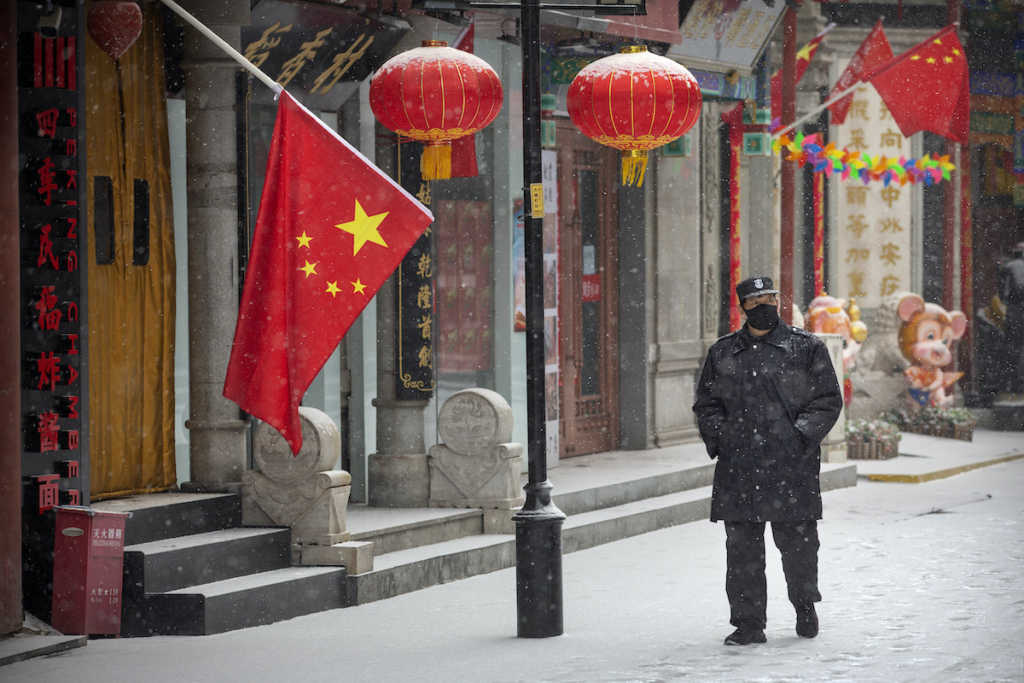China Sentences Journalist to 15 Years in Prison for Condemning Communism

Chen was first detained in mid-2018, according to CNN, after he published two articles on his personal blog, revealing corrupt dealings by Hunan party officials. The government, though, sees his actions differently.
According to Reporters Without Borders, an international organization advocating press freedom, the Chinese government keeps a white-knuckle grip on journalists, strictly policing resident reporters as well as those from foreign outlets via its Great Firewall, the regime’s online censorship apparatus.
In a statement, the CHRD said Chen’s sentencing “sends a chilling signal to online independent commentators and citizen journalists.”
Why it matters
For Christians, this issue is particularly important. While it ’s difficult for those of us in the West to fully comprehend the kind of censorship taking place in China, it’s critical we do all in our power to fight against it.Freedom of speech is important for a myriad of reasons, but there are five critical factors to keep in mind. Press and speech freedoms are necessary to keep abuse of power by the government at bay, to ensure our leaders are fairly selected by us, to protect our rights and the rights of others, to guarantee the freedom to speak openly about our faith, and to make sure people are free to decide for themselves what they believe.
Jonathan Leeman, a popular Christian blogger and pastor in Cheverly, Maryland, has argued God explicitly commissioned government to execute one task: to serve as the “justice mechanism.” To make his case, Leeman pointed to Genesis 9:5, which states, in part, “I will demand an accounting for the life of another human being.”
Chinese leaders have time and again fallen into that trap. In its attempt to play God, the communist regime has stripped Chen of his innate human liberties.
Leeman pointed to Psalm 2, in which David asked, “Why do the nations conspire and the peoples plot in vain? The kings of the earth rise up and the rulers band together against the Lord and against his anointed. … The One enthroned in heaven laughs; the Lord scoffs at them.”
Just like individuals are prone to sin, so are governments.
“It is futile to play God — but governments try to do it anyway,” said Leeman. “For a government to ‘play God’ is to pressure its citizens into idolatry.”
Protecting the right to free speech and a free press is paramount to keeping citizens from turning government leaders into false gods and to ensuring human liberty, a stalwart principle of biblical Christianity.